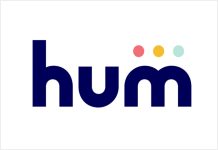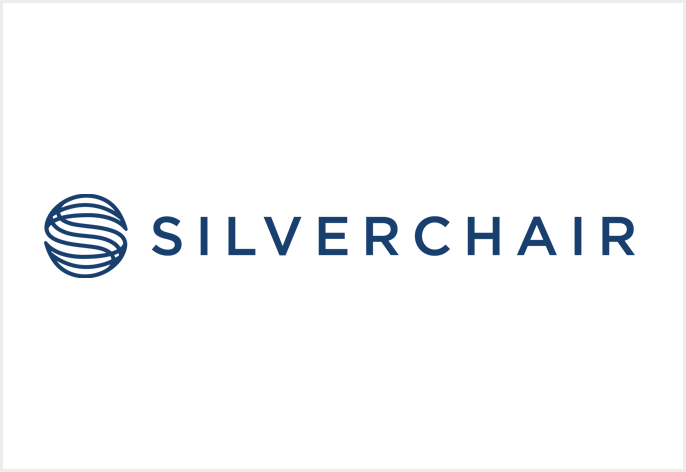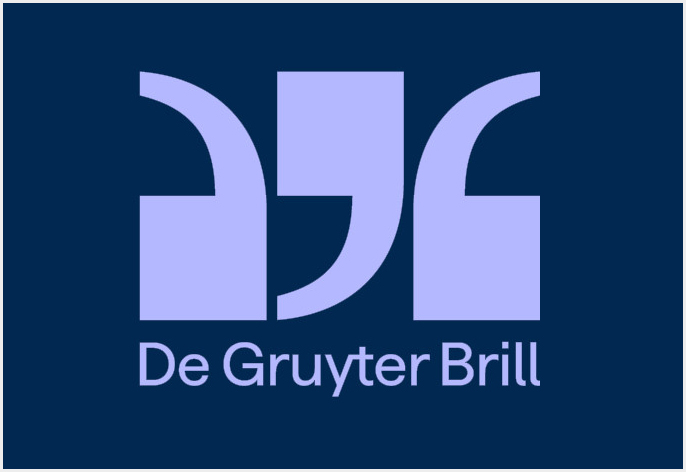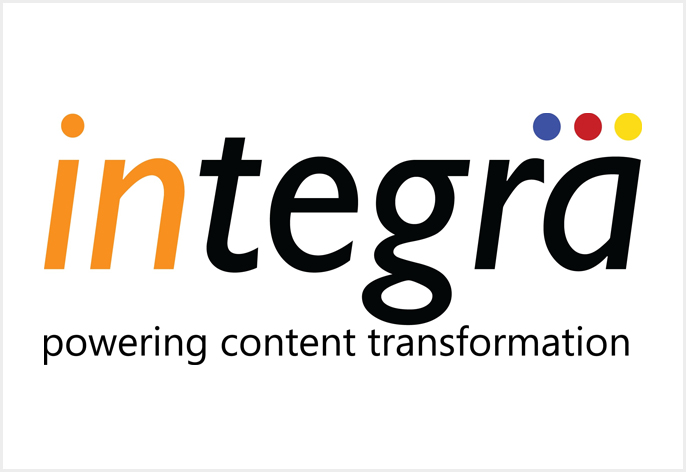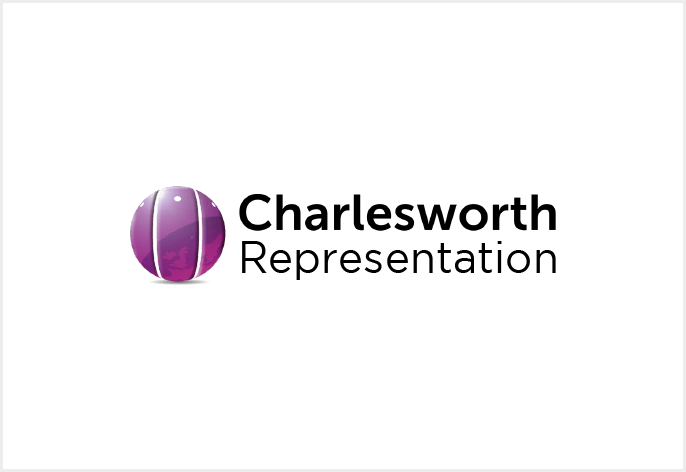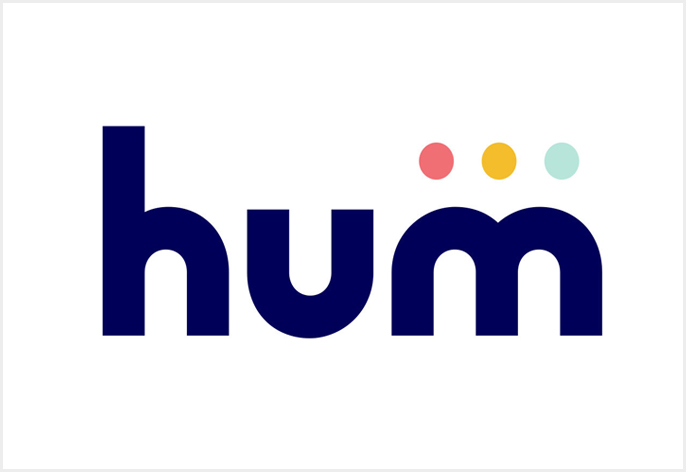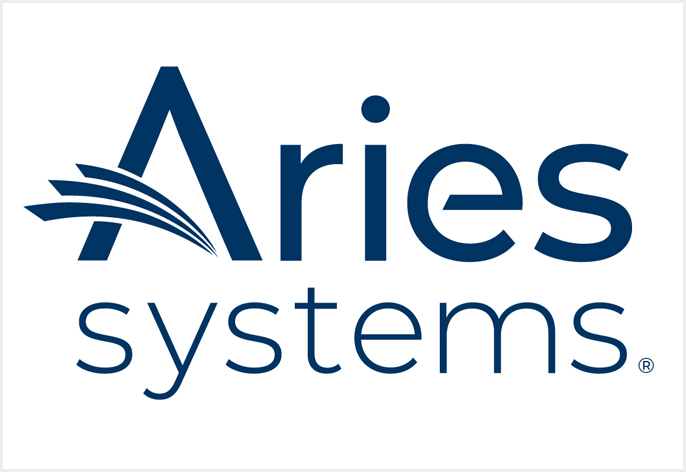Silverchair and the Association for Materials Protection and Performance (AMPP) announced the launch of the new AMPP (content) Store on the Silverchair Platform. The new site serves as a repository for AMPP’s vast range of content, including primary research, use cases, industry standards, and technical and professional publications.
AMPP is the world’s leading organization dedicated to protecting assets and performance materials through member and workforce education and credentialing, company accreditation, technological innovation, and global standardization.
As part of their broader organizational transformation initiative around digital unification, AMPP sought to create a digital library that brings together their wide array of content, including over 900 standards, their flagship journal Corrosion, Materials Performance Magazine, Coatings Pro Magazine, 52 books, and more than 22,000 conference papers. The digital library leverages Silverchair’s scalable, responsive technology to provide access to a wealth of materials for AMPP’s growing, global audience of scholars, professionals, and craftsmen.
“Our partnership with AMPP has continued to symbolize the alignment of our missions and shared organizational ethos,” said Will Schweitzer, Silverchair’s CEO. “We are honored to support the AMPP team in delivering on their ambitious plans for the important resources they publish. Their new unified platform will not only help AMPP reach a broader audience, but also provide their team with the tools and services to assemble varied content sets into the next generation of knowledge products.”
“At the onset, our member leadership asked for a unified, searchable body of knowledge,” said Mandy May, Director, Content Management at AMPP. “Our content types are varied—from standards to magazine articles to even some physical products. While many efforts like this start with a lofty goal, it is not often that all content remains in scope. Silverchair worked tirelessly to host/make discoverable all content from the original scope incorporating an exhaustive AMPP-specific taxonomy—all while we simultaneously implemented a new association management system. Thank you, Silverchair team, for being the ultimate partners.”






